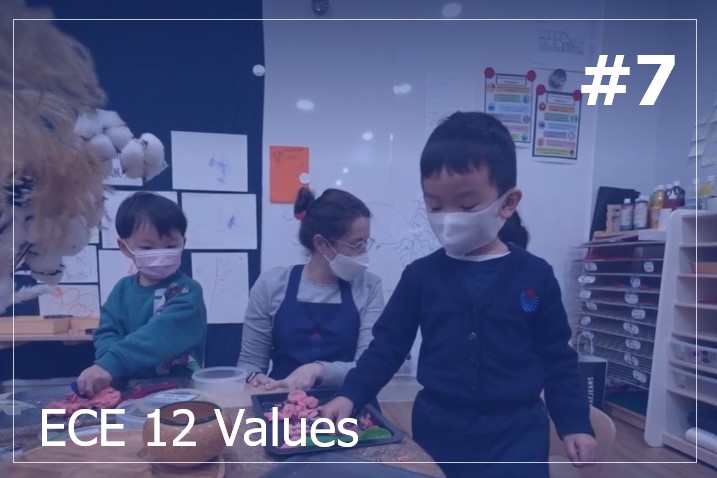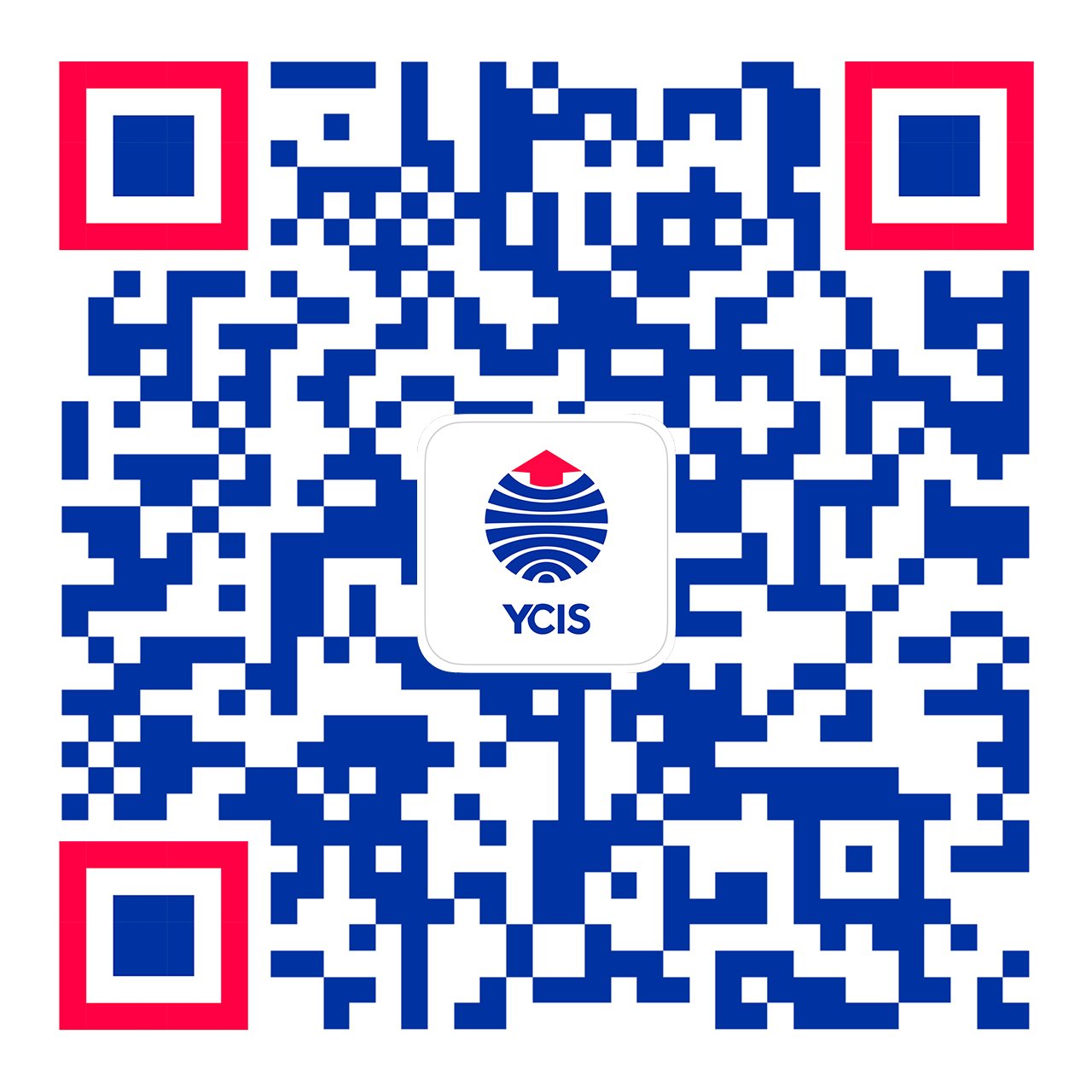“In a Yew Chung classroom, both teachers and children may act as both teachers and learners. Teachers and children work together to create questions for investigation, plan inquiry experiences, and discover answers. Teachers must be open to children having ideas that they themselves had not considered.”
In the Yew Chung ECE Approach teachers see themselves as facilitators of learning, where they engage learners through relationship and curious interaction. Understanding Vygotsky’s theory of ‘Zone of Proximal Development’, as well as Bronfenbrenner’s ‘Ecological Systems’ theory, empowers early childhood teachers to see their role in scaffolding learning as the more knowledgeable participant in the interaction. Jean Piaget’s theory of schemas and cognitive development, and Jerome Bruner’s
‘Constructivist Theory’, further supports teachers’ role as co-constructors as young children actively construct knowledge, skills, dispositions and values through engaging their physical and social environment that has been intentionally created by skilled educators. Dewey’s theories strongly suggest that children learn by ‘doing’, encouraging teachers to use daily life (reality) as the most influential learning for children, thus co-constructing experiences together with a child.
The Yew Chung ECE Approach recognizes that Value 1, “Children Are Worthy of Our Respect and Admiration” and Value 2, “Children Are Capable and Can be Trusted”, ensures Value 7 is accomplished
authentically and respectfully. When co-constructing with young learners, Yew Chung Educators connect and co-construct with learners as equals, respecting the child’s perspective, ideas, feelings,
needs, and unique dispositions. This authentic engagement with children empowers them with a ‘Can Do’ self-belief that promotes confidence and resilience in their individual learning journeys.The Yew Chung ECE Approach utilizes a reflective curriculum driven by observations, collaborative reflections and ‘teacher as researcher’ responses. Emergent Curriculum is an inquiry-based pedagogy that is characterized by a learner-centred approach that ensures learners’ right to choice as well as ownership of their learning journey.
At YCIS, our bilingually focused, research-based, and holistic approach to education helps our students build a strong foundation and range of skills from an early age.
Register for our Online Information Sessions to Learn More!





